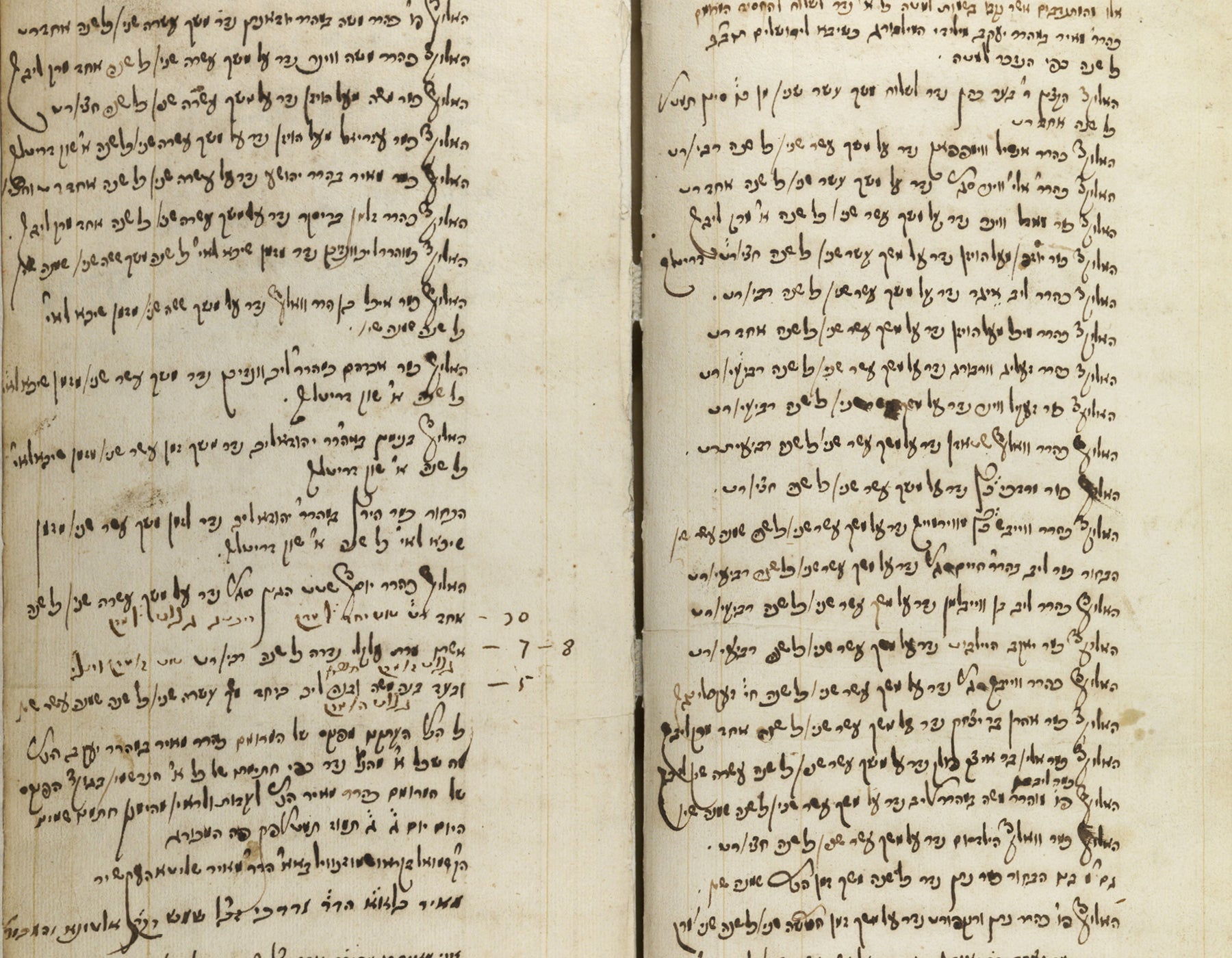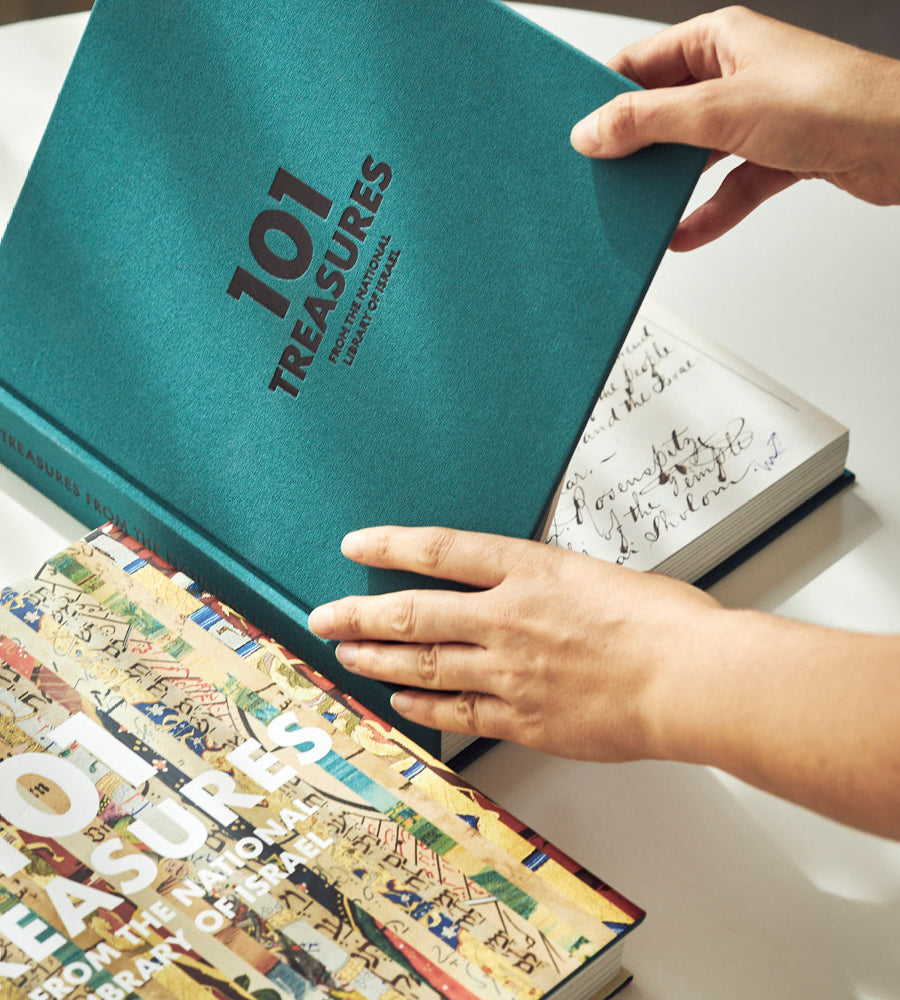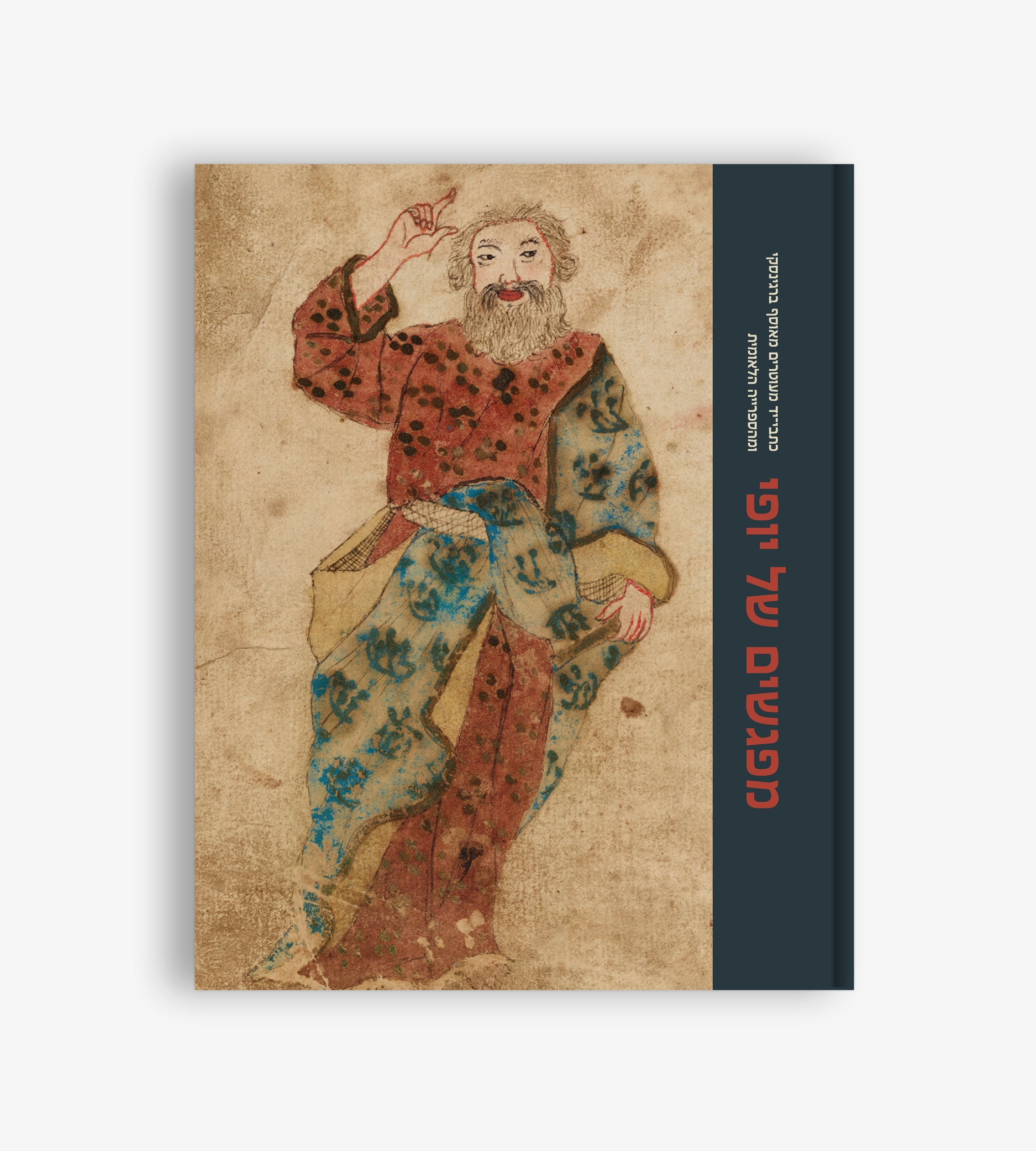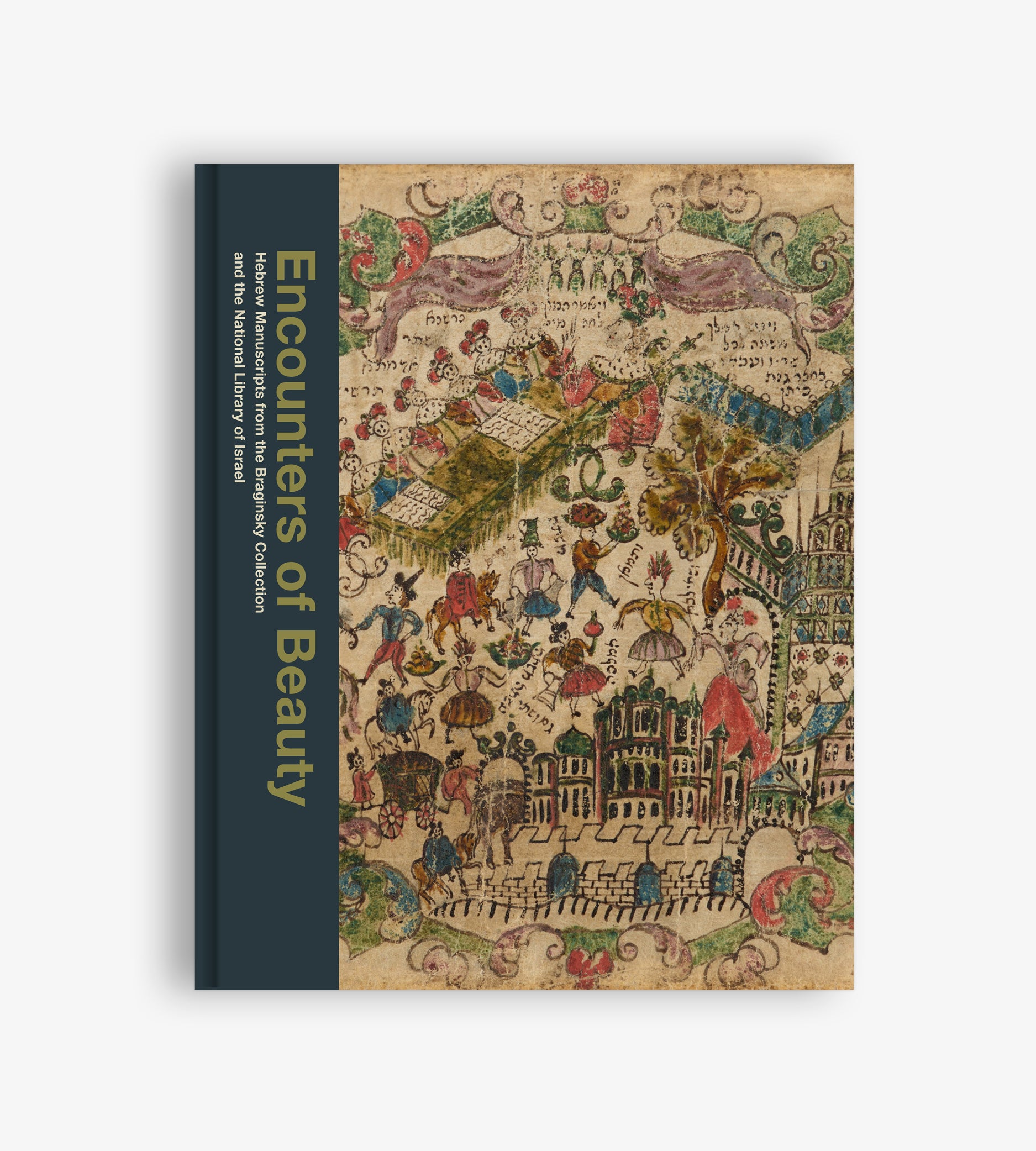
Affirming the Diaspora
Yochai Ben-Ghedalia

Glikl of Hameln (1645–1724) is best known as the author of a highly personal, Yiddish-language diary that offers a rare and intimate look into the life of an early modern European Jewish woman. Only one example of her handwriting survives: her declaration and signature in a ledger listing donations to the Jewish communities in the Land of Israel. The ledger documents the activity of a charity fund based in Altona, near Hamburg, for the benefit of the poor of the Holy Land. It testifies to the administrative and economic aspects of Jewish self-government in the late seventeenth century as well as to the community’s strong relations with the Land of Israel.
The ledger, along with millions of other documents relating to Jewish communal life from around the world, is preserved at the Central Archives for the History of the Jewish People (CAHJP), a subsidiary of the National Library. While national archives usually belong to a state or polity, the CAHJP is unique in serving as a national archive of the Jewish people scattered around the world. Established in 1939, it contains approximately sixty million original pages of archival materials and another twenty-five million pages of copies of originals held elsewhere.
The CAHJP was founded by Zionist leaders who emphasized continuity and the relationship between the nascent Jewish nation in the Land of Israel and Jewish history in the Diaspora. They believed that a proper understanding of Jewish history, including the new Zionist project, depended on gathering information about world Jewry in one place. It is “a time to gather,” declared Alex Bein, one of the prominent figures in the early Israeli archival scene, by “bringing together the exiles of the past.”
While CAHJP was established as a national endeavor, it also challenged a central theme of Israeli nationalism, namely, the marginalization of important Jewish communities outside of the Land of Israel. By preserving their histories, the CAHJP has facilitated greater understanding and appreciation of these communities. Establishing a Jewish national archive of the Diaspora in Jerusalem meant continuing in the footsteps of Glikl, who herself donated to the Holy Land, and maintaining close connections between the Diaspora and the Land of Israel.















